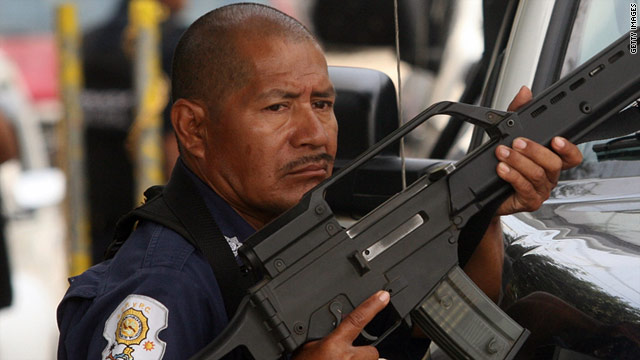By Joseph Juhn
Impunity Watch Reporter, Asia
NUKU’ALOFA, Tonga – After the historic November 2010 general elections in Tonga, which marked a transition away from the 165-year rule of the monarchy, two unsuccessful candidates are alleging fraud in the election results.
According to the Tongan Supreme Court, a candidate of the Vava’u 14 constituency, Siale Fifita alleges that the winner overspent the permitted amount on the campaign, carried out election propaganda beyond the cut-off date and used bribery.
According to Mr Tuita, supreme court registrar, says a businessman, Siosaia Moehau who was just four votes behind the winner of the Tongatapu 6 constituency is convinced he won the seat as he thinks there were a number of irregularities.
“Some of the grounds stated are: voting twice, which is false impersonation; another one was lack of police control; and the other grounds is voting after declaration of the ballots; and the last but not least is voting after 4pm, that was when the voting was supposed to have ceased.”
In November 2010, general elections under a new electoral law were held in Tonga, which determined the composition of the 2010 Tongan Legislative Assembly – a first popularly-elected parliament. For the first time in the nation’s history, a party formed by a pro-democracy movement emerged as the biggest winner in the election.
Four years prior to the election, anger over government’s forced political reforms led to riots in the Capital, Nuku’alofa. During the riots, gangs targeted businesses run by ethnic Chinese people. Hundreds were injured and eight people were killed as much of the town was burned down. Tonga suffers high unemployment and a quarter of its population live below the poverty line.
The November election drew 89% of the 42,000 registered voters to cast ballots, according to election officials. King George Tupou V called the election “the greatest and most historic day of our kingdom”.
Amid expectations and concerns for this new democratic nation, this election petitions came to light.
However, the Supervisor of Elections in Tonga, Pita Vuki, says it is common for one or two unsuccessful candidates to file petitions after an election as the Electoral Act permits.
“It’s quite normal for any candidates to file a petition if they feel there was something wrong in the conduct of elections or any behavior of any other candidates.”
For more information, please see:
Radio New Zealand – Tonga Supreme Court receives election petitions – 10 January 2011
BBC News – Strong showing for Tonga democrats in election – 26 November 2010
Radio New Zealand – Two failed Tongan candidates question election results – 10 January 2011


